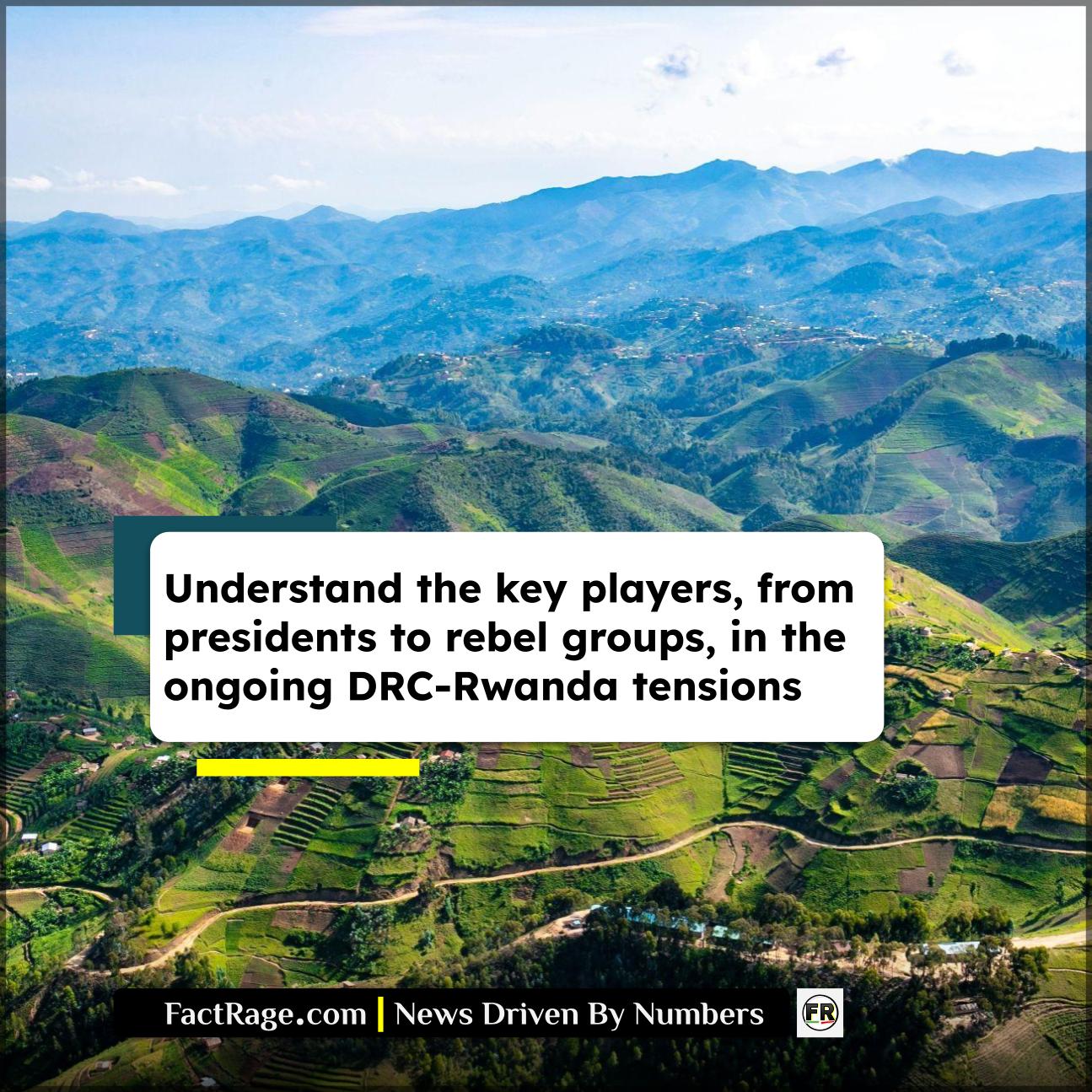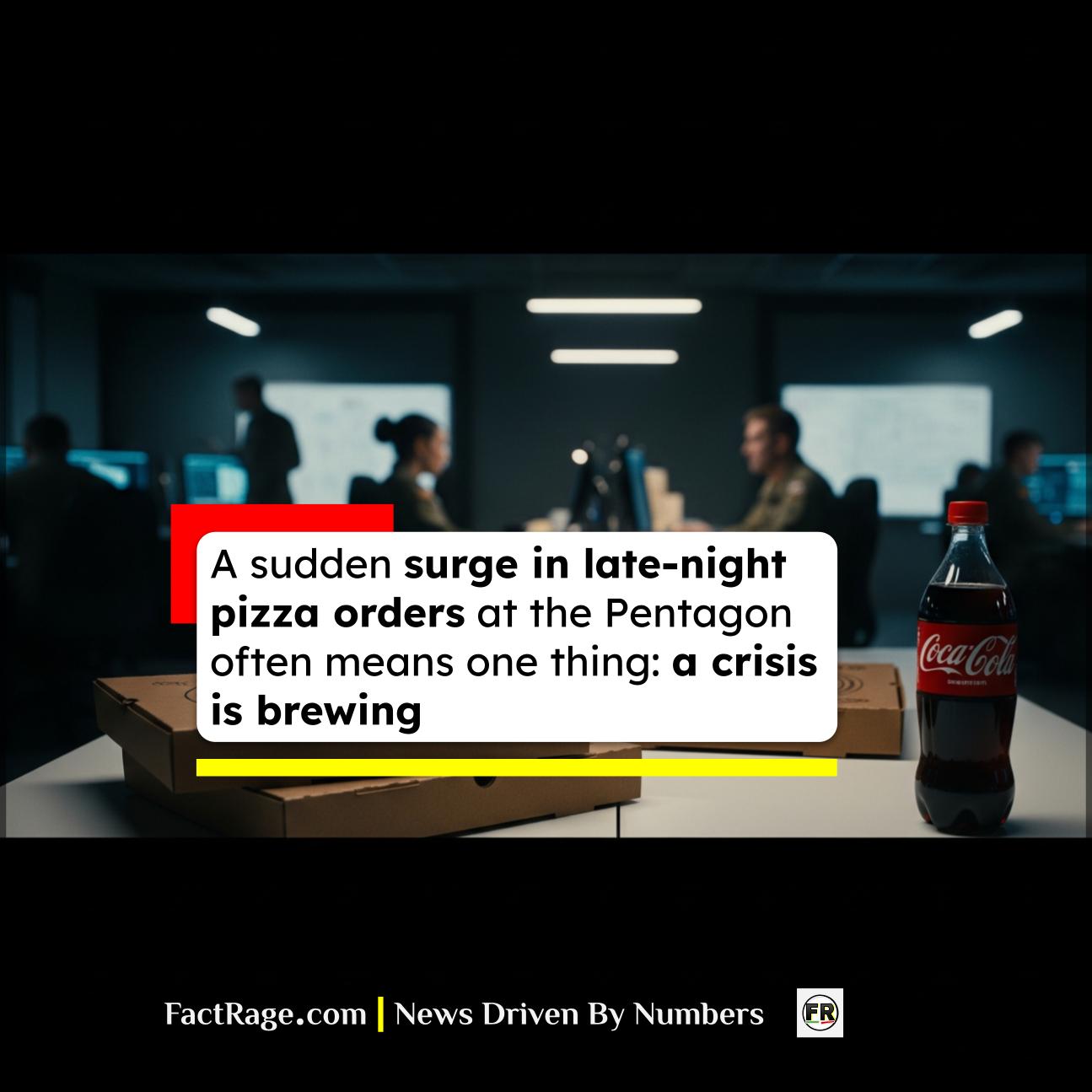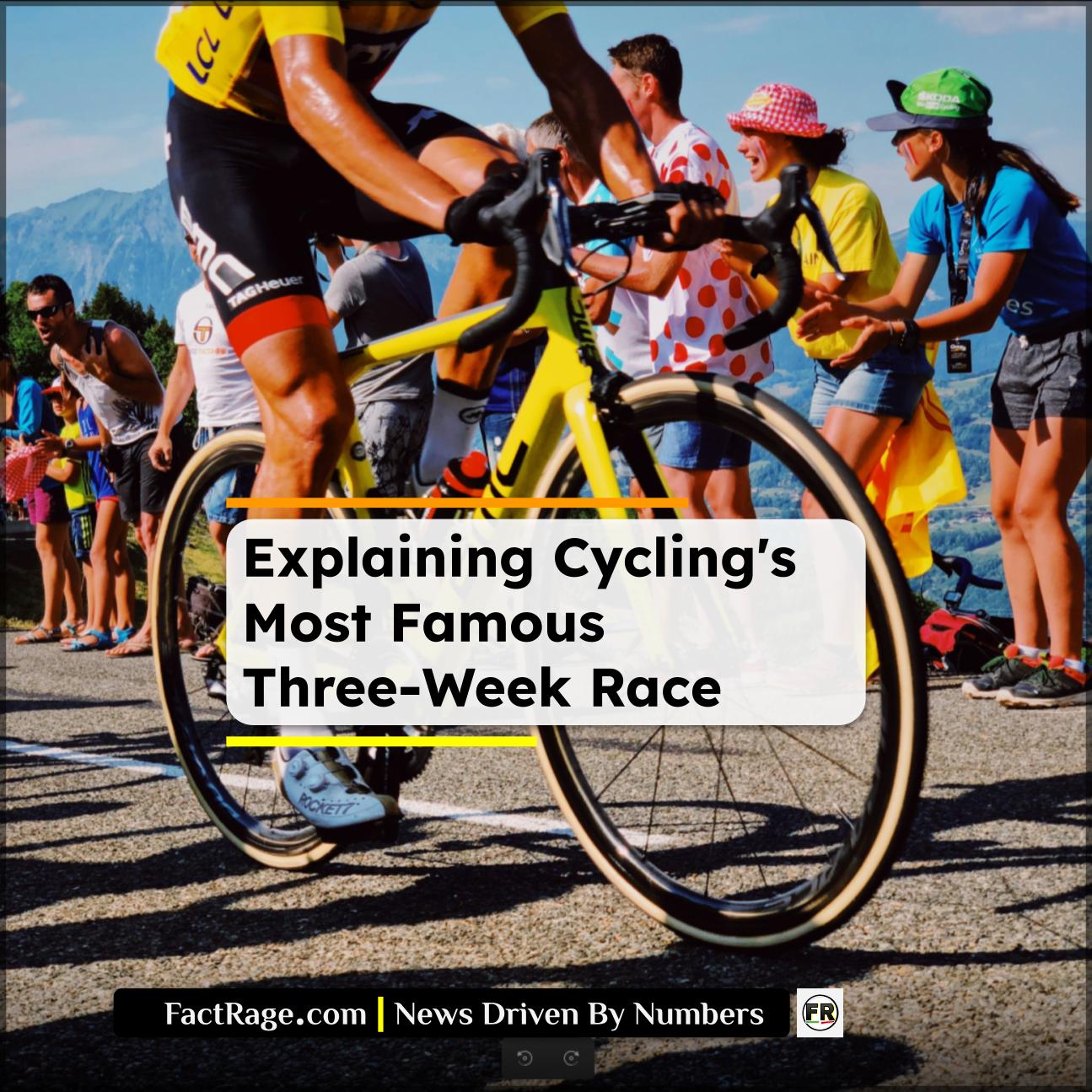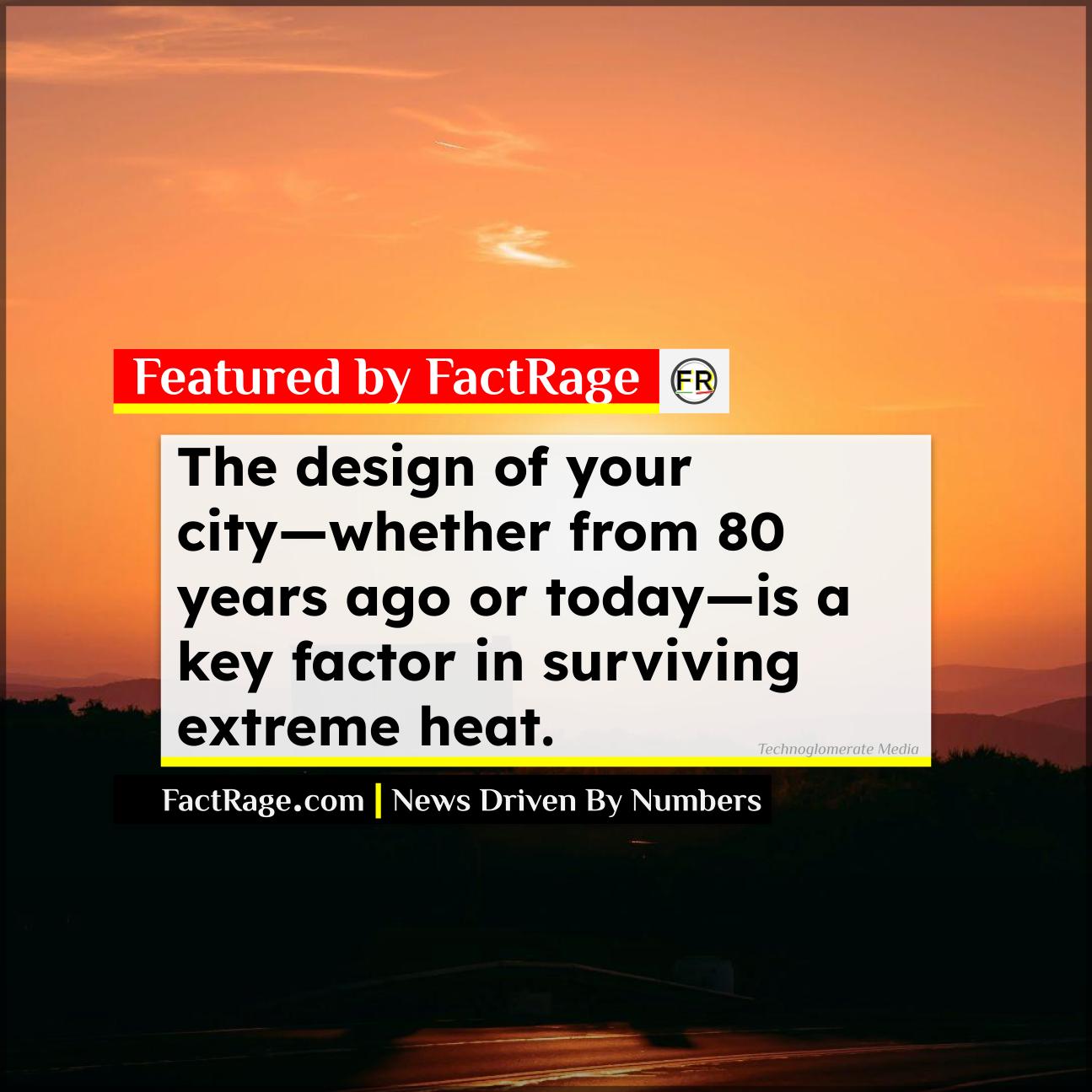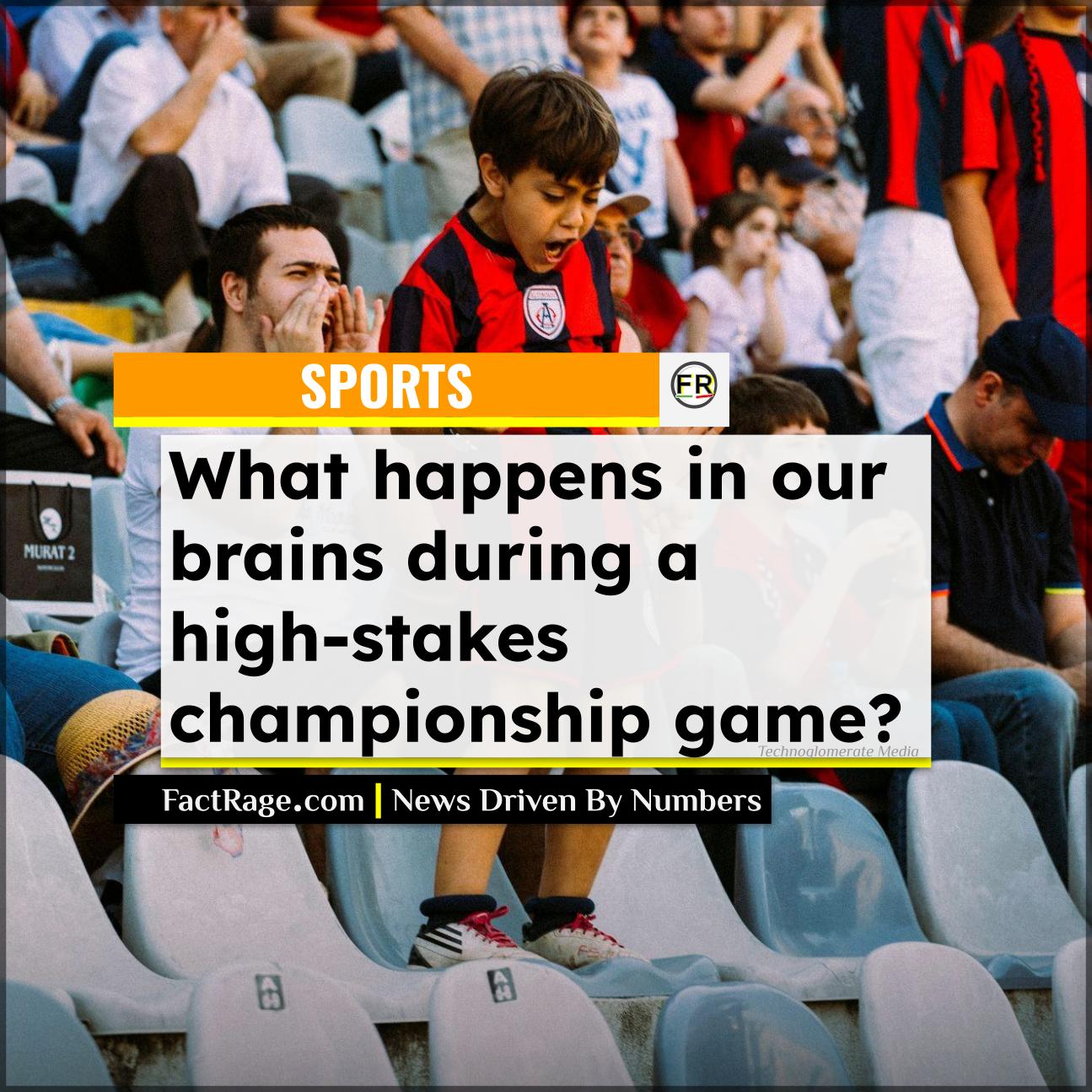KINSHASA, DRC – Tensions between the Democratic Republic of Congo (DRC) and Rwanda remain critically high over fighting in eastern DRC, despite multiple regional diplomatic efforts aimed at de-escalation.
- Core Accusation – The DRC, along with United Nations experts and Western nations, accuses Rwanda of actively supporting the M23 rebel group, which has seized territory in North Kivu province. Rwanda consistently denies these allegations.
- Humanitarian Impact – The renewed fighting has exacerbated a severe humanitarian crisis, with the United Nations reporting nearly 7 million people internally displaced in the DRC, making it one of the largest displacement crises globally.
- Diplomatic Stalemate – Multiple peace initiatives, including the Angola-led Luanda Process, have so far failed to achieve a lasting ceasefire or a political solution, with agreements frequently violated by combatants.
The conflict is rooted in decades of regional history, competition over vast mineral resources, and persistent security dilemmas that continue to challenge international peacemaking efforts.
What Are the M23 Rebels and Why Are They a Flashpoint?
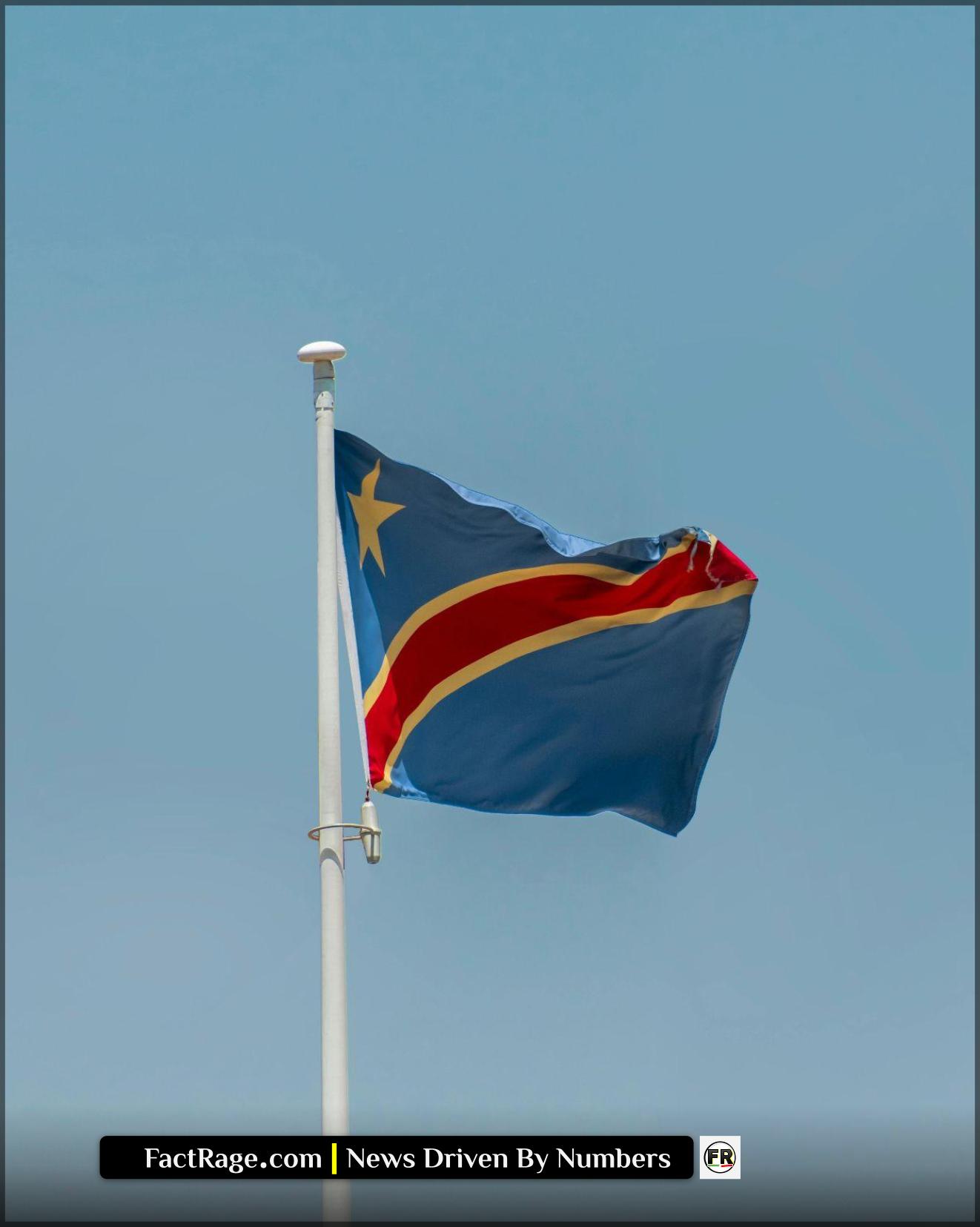
The “March 23 Movement,” or M23, is a rebel group primarily composed of ethnic Tutsi fighters. The group first rose to prominence in 2012 before being defeated in 2013, but it re-emerged as a powerful military force in late 2021. M23 claims it is fighting to protect Congolese Tutsi populations from discrimination and violence from other armed groups.
The central point of the current crisis is the allegation of external support. The DRC government, backed by reports from UN experts and statements from the United States and European nations, has presented evidence that Rwanda is providing financial, logistical, and direct military support to M23. Rwanda denies this, stating its security interests are threatened by the presence of other militias in eastern DRC, particularly the FDLR, a group linked to perpetrators of the 1994 Rwandan genocide.
What is the Historical Context of the Conflict?
The current instability is deeply connected to the aftermath of the 1994 Rwandan genocide. Following the genocide, many Hutu perpetrators and militias fled into eastern Congo (then known as Zaire), forming armed groups like the Democratic Forces for the Liberation of Rwanda (FDLR). Rwanda has long cited the threat from these groups as a justification for its involvement in the region.
This history fueled the First (1996-1997) and Second (1998-2003) Congo Wars, which involved more than nine African countries and resulted in millions of deaths, primarily from disease and starvation. Many analysts view the current M23 insurgency as a continuation of these unresolved historical grievances and proxy conflicts over regional influence and control of eastern DRC’s rich deposits of tin, tungsten, tantalum, and gold.
Which Diplomatic Efforts Are Underway?
Several diplomatic tracks are attempting to resolve the crisis. The Luanda Process, mediated by Angolan President João Lourenço, seeks to facilitate direct dialogue between DRC President Félix Tshisekedi and Rwandan President Paul Kagame to de-escalate tensions. A separate track, the Nairobi Process, led by the East African Community (EAC), is aimed at achieving peace deals between the DRC government and the numerous armed groups operating in its east.
These efforts have had limited success. Ceasefires are regularly broken, and trust between Kinshasa and Kigali is virtually nonexistent. An EAC regional force deployed in 2022 to enforce a buffer zone withdrew after the DRC government accused it of being ineffective. It has since been replaced by a force from the Southern African Development Community (SADC), which has a more aggressive mandate to support the Congolese army against rebel groups.

